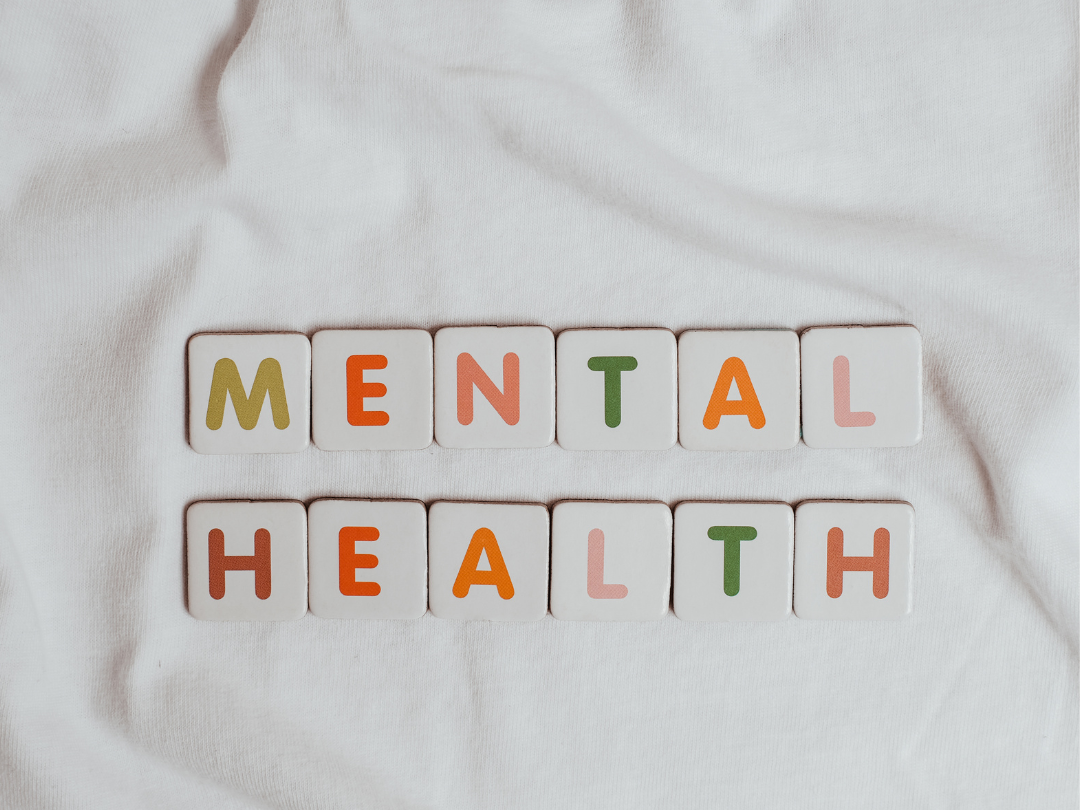July 5, 2024

Mental health is a critical issue that affects everyone, but minority groups often face unique challenges that can exacerbate their mental health struggles. July is Minority Mental Health Awareness Month, and it’s important to highlight how community care can make a significant difference in supporting mental health in these groups.

The Importance of Community Care
Community care emphasizes the collective responsibility of supporting each other’s mental health. Unlike self-care, which focuses on individual practices, community care involves creating networks of support that can provide emotional, social, and practical help.
Benefits of Community Care
- Strengthened Social Connections: Building strong, supportive relationships within the community can help individuals feel less isolated and more connected.
- Shared Resources: Communities can pool resources to provide mental health services, educational workshops, and support groups.
- Cultural Competence: Community care allows for culturally relevant practices and understanding, which can be more effective for minority groups.
- Collective Advocacy: Working together as a community can amplify voices and push for systemic changes that benefit minority mental health.

Ways to Foster Community Care
- Create Safe Spaces: Develop safe and inclusive spaces where individuals can share their experiences and feelings without fear of judgment.
- Promote Mental Health Education: Organize workshops and seminars to educate the community about mental health issues and available resources.
- Support Groups: Establish support groups where individuals can connect with others facing similar challenges.
- Community Activities: Host community events that encourage social interaction and collective well-being, such as wellness fairs, cultural celebrations, and recreational activities.
- Peer Support Programs: Train community members to provide peer support, offering a relatable and understanding perspective.

Rising Together for a Healthier, More Inclusive World
Organizations, like Women Rise, play a crucial role in promoting community care. By offering programs that focus on collective well-being, they can help bridge gaps in mental health support for minority groups.
At Women Rise, we believe in the power of community to uplift and support one another. During Minority Mental Health Awareness Month, we encourage you to join us in fostering a culture of community care. Whether through volunteering in our local community, participating in our events, donating to a non-profit, or simply reaching out to a friend in need, your involvement makes a difference.

Get Involved
- Volunteer: Offer your time and skills to support local BIPOC mental health initiatives
Participate: Join our workshops, wellness activities, and community events. - Donate: Your contributions help non-profit organizations provide essential mental health services and resources to those in need. Below are a few to consider:
South Asian Mental Health Initiative & Network
Nation Alliance for Hispanic Health
Asian Mental Health Collective
As we navigate through Minority Mental Health Awareness Month, it’s essential to recognize that community care can serve as a powerful tool in addressing mental health disparities among minority groups. By fostering environments where individuals can find understanding, support, and resources within their communities, we can collectively work towards a more inclusive and mentally healthy society. Together, through education, support, and advocacy, we can build stronger, healthier communities where everyone has the opportunity to thrive.
Please Note: The information provided on or through this website or blog is for educational and informational purposes only and solely as a self-help tool for your own use. Engaging with this material does not constitute a client/therapist relationship

Comments